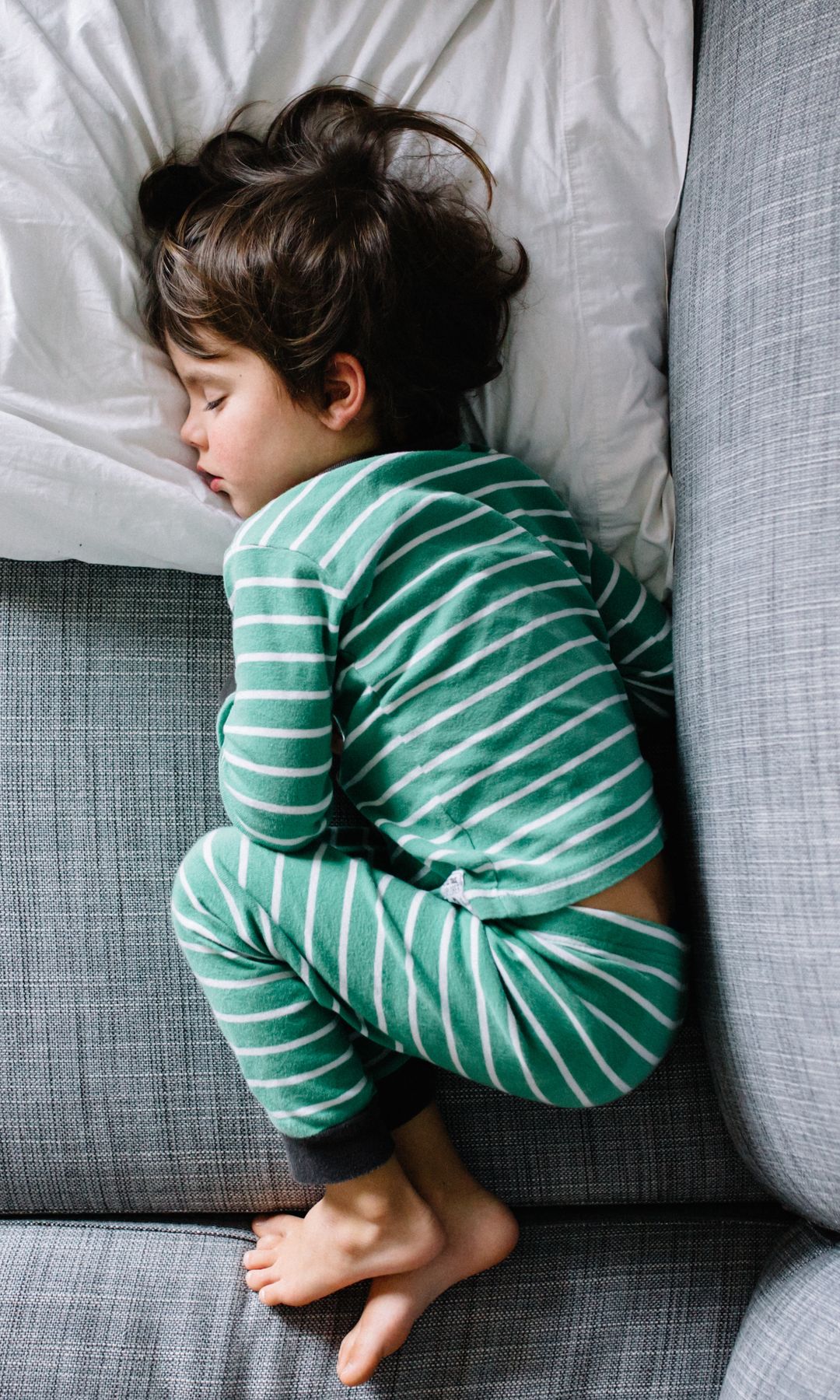With the cold season, respiratory infections among the little ones in the house they are almost inevitable. Although in most cases they are not serious and after a few days you will notice a great improvement, unfortunately this is not always the case and sometimes you even need to be admitted to a hospital. In fact, respiratory infections are the first cause of hospitalization in children under five years of age in our country, according to the Spanish Association of Pediatrics (AEP).
“Colds and flu are the most common infections among children, and their incidence increases with the return to school,” he points out. Dr. Enrique Sánchez, pediatrician at the Vithas Xanit International Hospital. An incidence that increases the ascending rate as the cold months arrive.
Specifically, the main causes of these respiratory infections that can lead to hospital admission among children are respiratory syncytial virus (RSV) -main responsible for the bronchiolitis-, SARS-CoV-2, pneumococcus and the flu virusare the first cause of hospitalization in children under five years of age.
The reason is the immaturity of the immune system in children and certain habits, such as breathe through your mouth instead of your noseaccording to the pediatrician. What can be done then to avoid these infections or, at least, to minimize their impact so that the child does not need to be hospitalized?
We were the first scientific society in the world to recommend nirsevimab for all infants and there is no doubt that it was the way to go
Recommendations from pediatricians to avoid hospitalizations due to respiratory infections
Taking into account that younger children put everything in their mouths and that, if there is no adult next to tell them so, they will not go to wash their hands by themselves (which is one of the main hygiene measures to avoid respiratory infections), what can we do to prevent them from getting infected?
- Pay attention to warm clothing. Dr. Sánchez highlights the importance of covering children well when they go outside in the cold season. But we also have to pay attention to the opposite, to covering them too much, for example indoors, since this can make them sweat and get colder even when they go outside again.
- Make sure they drink enough fluidsadds the Vithas Xanit International specialist. Of course, the liquid should preferably be water and, in any case, it is better not to use flavored drinks.
- Properly ventilate rooms to prevent the accumulation of stale air and to encourage its renewal.
- Avoid taking newborn babies to crowded places or large crowds.. Let us remember that even with visits we must be especially careful and even more so if possible at this time of year. Of course, always and in any case, do not smoke near them or allow other people to do so.
- Vaccination. Let us remember that vaccines are, today, our great allies against many infections and, specifically, against respiratory infections.
Vaccines against respiratory infections for children
-Vaccine against respiratory syncytial virus (RSV)
In the last season all infants under six months of age were immunized for the first time with nirsevimaba monoclonal antibody against RSV. According to data from the AEP, this measure prevented around 10,000 hospitalizations. “It is an unprecedented success. We were the first scientific society in the world to recommend nirsevimab for all infants and there is no doubt that it was the way to go. It is currently recommended for all infants by health authorities in more than 15 countries,” he says. Dr. Francisco Álvarez, coordinator of the Vaccines and Immunizations Advisory Committee of the Spanish Association of Pediatrics (CAV-AEP).
As Ministry of Health records show, the risk of RSV hospitalization among infants was between 81% and 84% lower in those who received nirsevimab. A percentage to take into account and that has influenced this new season vaccination against RSV is also extended to pregnant women.
Although this vaccine is not, at the moment, financed by the National Health System for pregnant women, it is recommended that they receive it, since, in addition to immunizing the mother, protect infants from the disease for 5 months. “It is important to remember that, subsequently, infants must receive immunization as established by the Ministry,” points out Dr. Álvarez.
-Covid vaccine
Every three or four months one appears new variant of SARS-CoV-2but the available vaccination is effective against any of the current strains of the virus. Along with the omicron variant, “this season, we are also seeing infections of the arcturus variant, which presents a new symptom: conjunctivitis”, points out the coordinator of the CAV-AEP.
We must know that, although the symptoms are now less serious, the vaccine against Covid It is recommended for children at risk or who live with people at risk. Only one dose will be necessary, except in children from 6 to 59 months who have not been previously vaccinated. Children with severe immunosuppression will also receive an extra dose, within three months of the last dose or since infection. “Although it is less serious now, we must not let our guard down with covid,” warns the specialist. “It cannot be assumed that all future variants will cause milder disease”
-Pneumococcus vaccine
The pneumococcal disease It is the leading cause of mortality from pneumonia worldwide. Luckily, there are vaccines that combat it; So, pneumococcal conjugate vaccines (PCV)recommended for all children under 5 years of age since 2016 in Spain, have shown a substantial impact in reducing this disease, according to the CAV-AEP. This immunization not only benefits the children themselves, but also generates collective immunity among adults.

